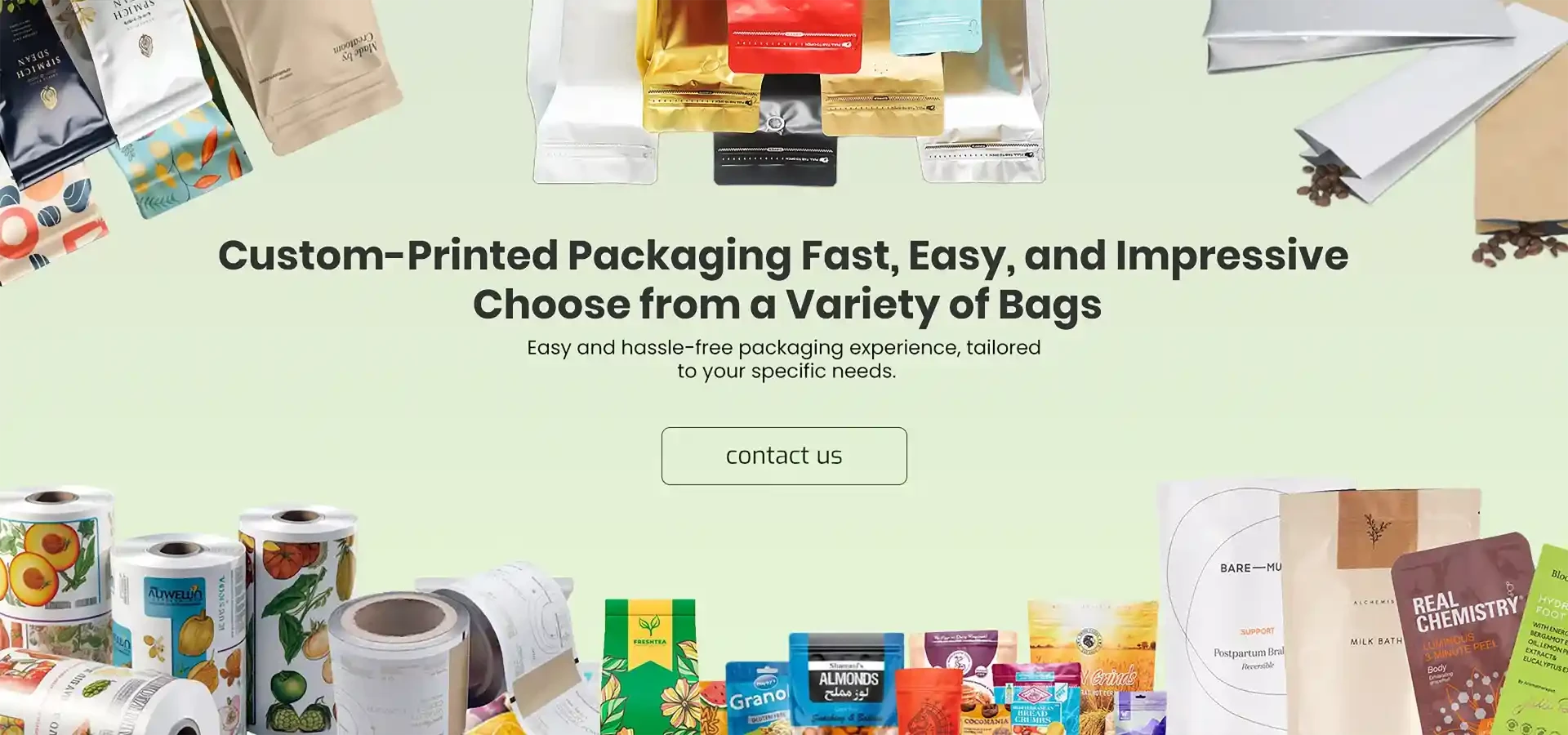folding cartons packaging
Folding Cartons Packaging A Versatile Solution for Modern Needs
In today’s fast-paced and ever-evolving marketplace, the significance of packaging cannot be overstated. Among the myriad options available, folding cartons have emerged as a favorite among manufacturers and consumers alike. This versatile packaging solution not only protects products but also offers ample opportunities for branding and environmental sustainability.
Understanding Folding Cartons
Folding cartons are made from paperboard and are designed to be shipped flat before being erected at the point of sale. This unique feature significantly reduces space and shipping costs, making them an economical choice for businesses. Once at their destination, these cartons can be easily assembled, providing a sturdy container for a variety of products ranging from food and beverages to cosmetics and pharmaceuticals.
Benefits of Folding Cartons
One of the primary advantages of folding cartons is their lightweight nature, which contributes to lower transportation costs. Additionally, they are easily customizable, allowing companies to create unique shapes, sizes, and prints to enhance product visibility and attract consumer attention. The ability to print high-quality graphics directly onto the surface of the cartons facilitates effective branding, ensuring that the product stands out on store shelves.
Moreover, folding cartons provide excellent protection for products. They are designed to withstand the rigors of transport while safeguarding contents from physical damage and contamination. The use of materials like coated paperboard can also protect against moisture and grease, making them ideal for food packaging.
Sustainability in Folding Cartons
folding cartons packaging

As sustainability becomes an increasingly important topic in the consumer landscape, folding cartons are a responsible choice. Most folding cartons are made from renewable resources and are recyclable. The paperboard used in their production is often sourced from responsibly managed forests, which helps reduce the overall carbon footprint. Additionally, advancements in printing technology allow manufacturers to use eco-friendly inks and coatings, further enhancing the sustainability of folding cartons.
Companies are also exploring innovative ways to reduce waste in the packaging process. For instance, some manufacturers are beginning to use post-consumer recycled materials to create folding cartons, thus contributing to a circular economy. By opting for sustainable packaging solutions like folding cartons, brands can demonstrate their commitment to environmental stewardship, which resonates deeply with today’s eco-conscious consumers.
Trends Influencing Folding Cartons
The demand for folding cartons has been propelled by several trends in consumer behavior and industry practices. The rise of e-commerce has led to an increased need for protective yet aesthetically pleasing packaging that can withstand delivery challenges. Furthermore, brands are recognizing the importance of unboxing experiences, prompting them to invest in high-quality folding cartons that enhance customer satisfaction upon receiving their products.
Technological advancements are also making a significant impact on the folding carton market. Innovations such as digital printing allow for shorter runs and more personalized packaging solutions, enabling brands to respond swiftly to market demands.
Conclusion
Folding cartons packaging is undoubtedly one of the most effective and versatile solutions available in today's marketplace. Their economical, protective, and customizable nature, coupled with an increasing emphasis on sustainability, makes them a preferred choice for many industries. As consumer preferences continue to evolve, the folding carton industry is poised to adapt and innovate, ensuring that this packaging solution remains a key player in the years to come. By investing in high-quality, sustainable folding cartons, brands can not only protect their products but also contribute to a more environmentally friendly future.













